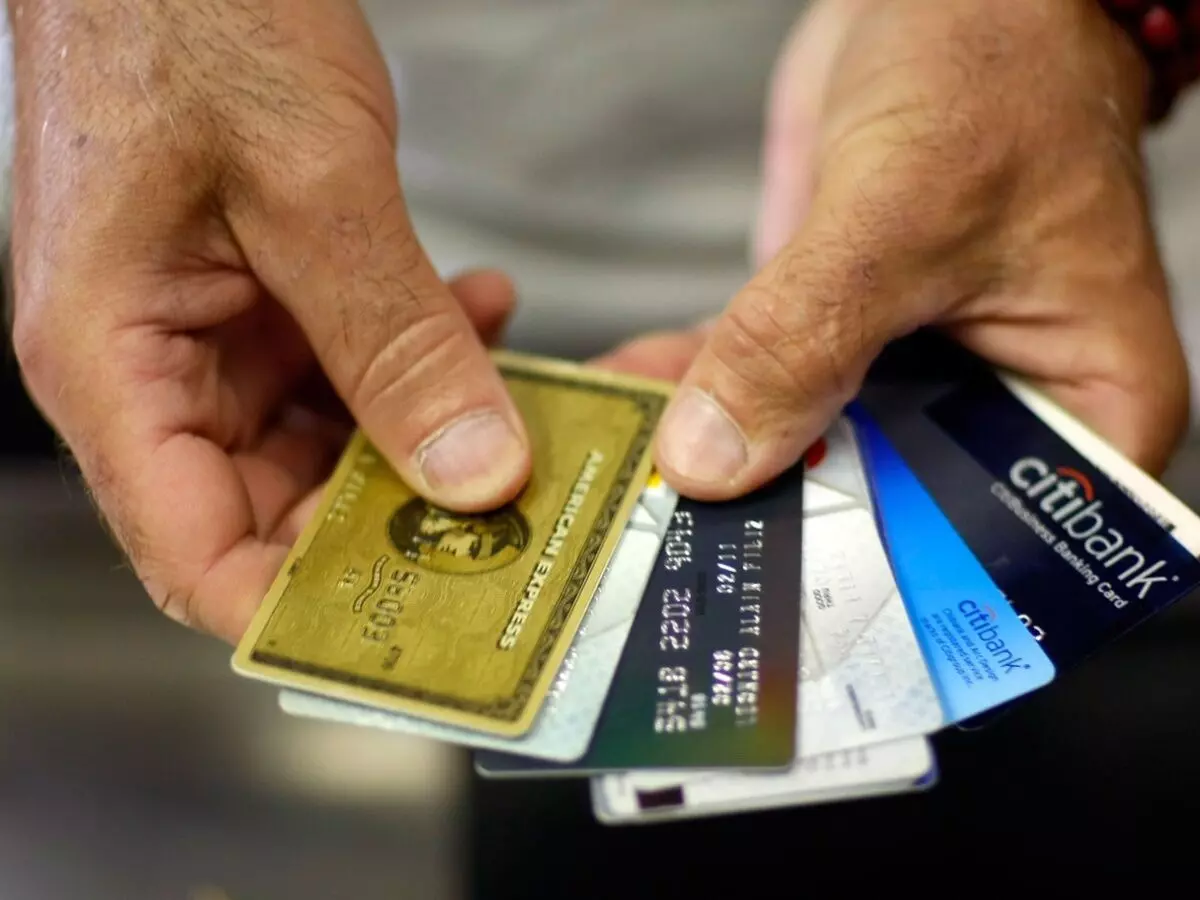Concerns rise as US consumers grapple with soaring credit card debt amid inflation battle
Americans carry a record-breaking $1.05 trillion in credit card debt as of the third quarter of 2023
image for illustrative purpose

New York: Amid the overall robust state of the US economy, concerns mount as certain segments of the population deplete savings and accumulate credit card debt during a prolonged battle with inflation spanning over two years. Analysts fear that lower- and middle-income Americans, predominantly renters, are falling behind on debts, raising apprehensions about the worsening financial health of these groups in the coming year. Notably, the resilient consumer spending, credited for the current economic performance, is increasingly reliant on credit cards, with Americans carrying a record-breaking $1.05 trillion in credit card debt as of the third quarter of 2023. This alarming trend is underscored by elevated credit card delinquency and charge-off rates, surpassing 2019 levels, and coinciding with the highest average interest rate since 1994.
A dichotomy in the financial well-being of Americans becomes apparent, with homeowners and stock market investors faring well, while others, especially middle- and lower-income renters, face financial stress exacerbated by inflation. The 2024 election landscape is expected to be influenced by consumer financial health, with President Joe Biden focusing on cost reduction, countered by Republicans attributing higher costs to his policies. Major credit card companies reflect this economic divide, with Capital One, Discover Financial, and Synchrony serving lower credit score customers, witnessing increased charge-off rates and delinquency.
Inflation's impact is palpable as rising costs outpace wage growth, prompting difficult choices for consumers. Renters, particularly affected, grapple with a substantial increase in median rents. The reintroduction of student loan payments raises concerns about the ability of younger, less affluent individuals to meet their financial obligations. Even American Express, historically catering to higher credit score customers, sees a rise in charge-offs and delinquencies, emphasizing the widespread financial strain.
JPMorgan Chase and Bank of America, positioned in the middle, experience modest increases in credit metrics, but both banks prepare for potential loan losses, particularly in their credit card portfolios. However, relief seems unlikely, as the Federal Reserve signals a delay in interest rate cuts and banks adopt a more conservative approach to loan approvals. While economists currently believe the financial strain may not broadly impact the economy, the escalating delinquencies pose a growing risk, especially if the burden of student loans becomes overwhelming for younger Americans. Despite not yet sounding alarm bells, economists remain vigilant, emphasizing the need for ongoing monitoring.
Economists at the moment feel the financial strain felt by the lower-income Americans is not likely to spill over broadly into the broader economy, at least at the moment. However economists and experts see these rising delinquencies as one of the growing risks to the economy this year, especially if student loans become too much for younger, debt-burdened Americans to handle. “Rising delinquencies, while they do require monitoring, are not quite sounding alarm bells,” TD Economics' McLeod wrote in their report.

